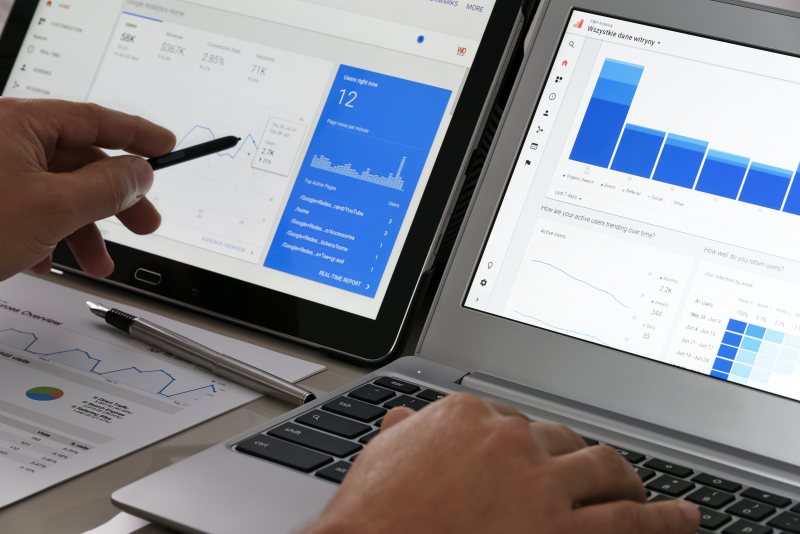- Home

Table of Contents
ToggleThe new GA4 version still utilizes cookies but is designed to work without them where possible. Though specifics remain limited, the Google Analytics tag gathers essential data that can be modeled into accurate reports.Currently, **Google Analytics uses JavaScript tracking codes and cookies** to identify and report on unique visitors and their behavior on your website. Future changes will likely incorporate cookie-free tracking and technologies like Google Signals to better understand online engagement.
Google Analytics is also accessible via plugins or widgets for integration with other websites. Independent vendors offer customized dashboards tailored to specific business needs.

A session in Google Analytics refers to a user’s continuous visit, including multiple interactions with your website’s content, typically ending after 30 minutes of inactivity or at the end of a day.



บริษัท Digital Marketing Agency ที่มีประสิทธิภาพสูงพร้อมให้บริการธุรกิจของคุณด้วยความเป็นมืออาชีพ เพื่อให้แบรนด์ธุรกิจของคุณประสบความสำเร็จกับแคมเปญการตลาดออนไลน์